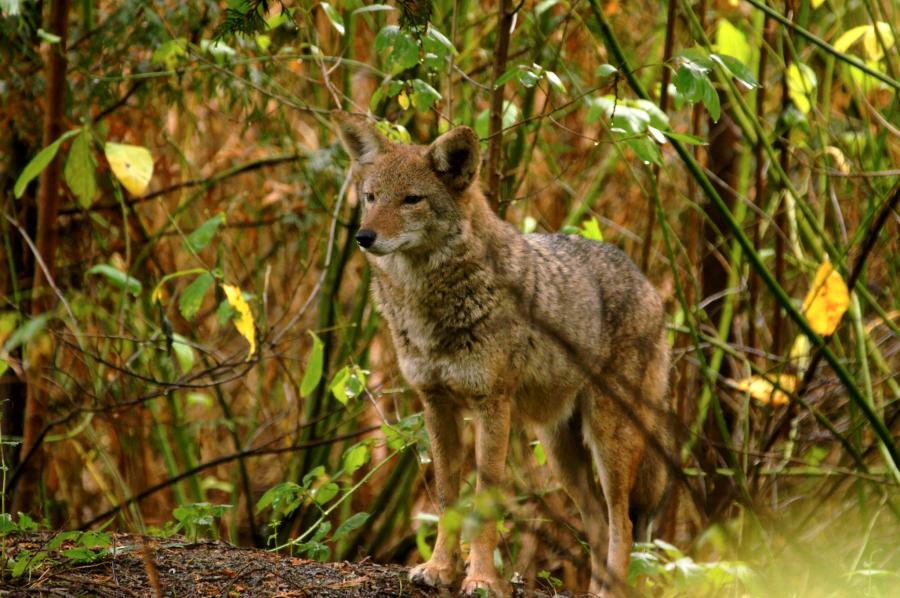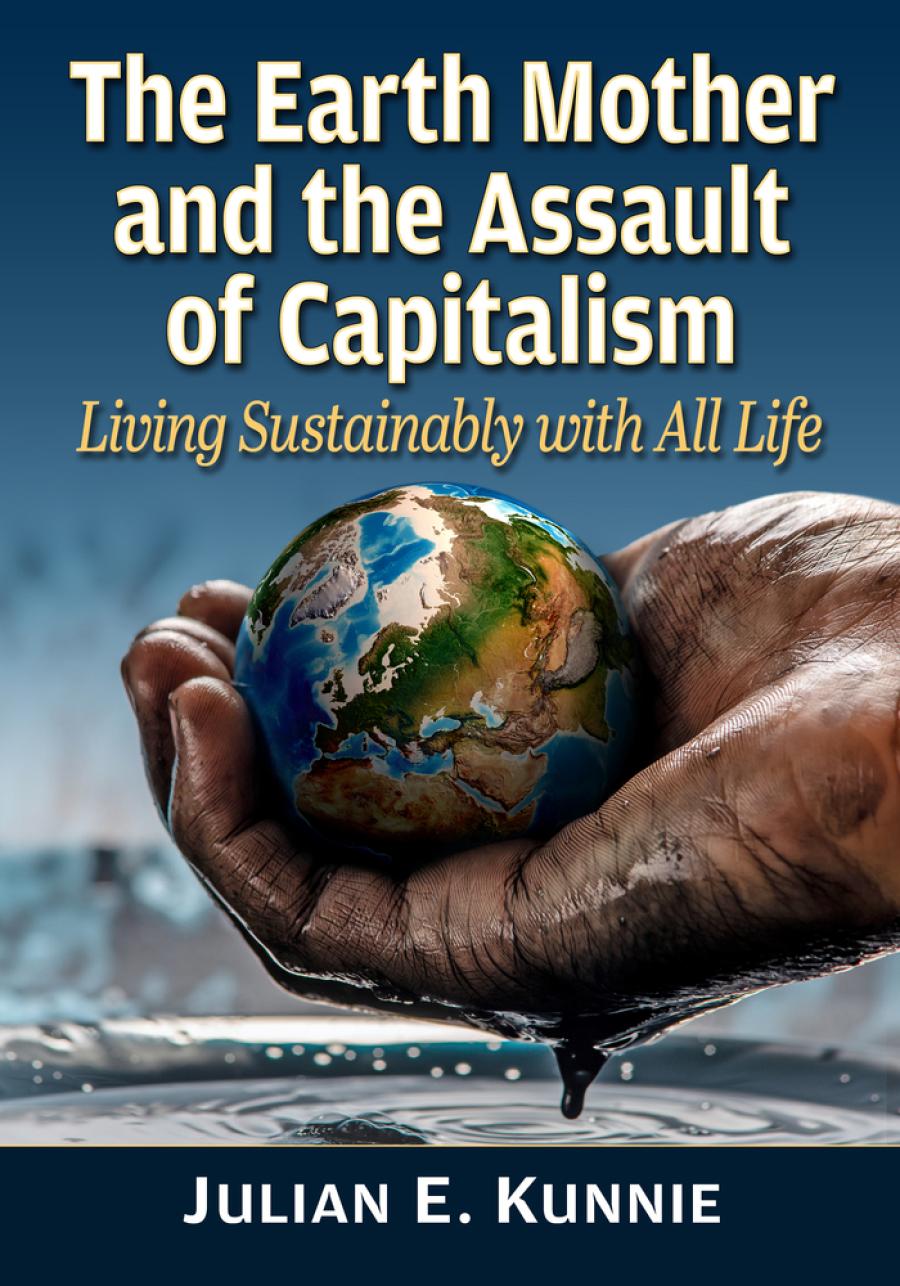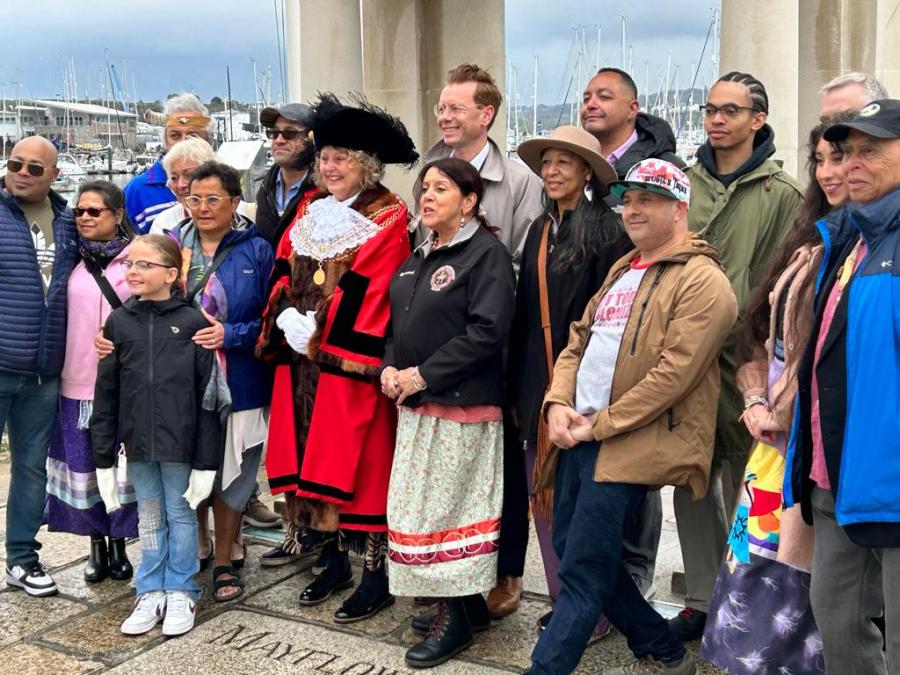The Curriculum Resource Program creates classroom materials that teach about indigenous peoples, ethnic minorities and human rights at the high school level. The program's goals are to make Cultural Survival's work and resources accessible to secondary school students; to implement multicultural education in the promotion of tolerance, conflict resolution and respect for others and other ways of life; and to serve the many educators who approach Cultural Survival seeking classroom tools.
The first step in the development of our program began by forging partnerships with teachers interested in Cultural Survival and indigenous people. These ongoing partnerships have resulted in the creation of curricular materials for specific classrooms and our annual student conferences, and have informed our general educational resources.
The Curriculum Resource Program continued our partnerships with Beaver Country Day School (BCDS, Newton, MA) and Cambridge Rindge and Latin High School (CRLS, Cambridge, MA) in 1996-97. BCDS studied subjects such as the impact of hydro-electric development on the James Bay Cree. Students at CRLS studied the Xavante of Brazil, Aborigines of Australia, and the Wodaabe of Niger in their course `Anthropology/Cultural Survival.' Cultural Survival also worked closely with World Studies teachers from Souhegan High School, an Essential School in Amherst, New Hampshire. Materials collaboratively developed were designed to examine cultural relativity in conjunction with human rights abuses against indigenous peoples and ethnic minorities in Asia.
Cultural Survival in Australia 1997 Student Conference
In the Spring of 1996, Cultural Survival hosted a student conference that brought together more than 80 students from our partner schools. The conference allowed students to present their work from courses on indigenous peoples in the Americas. This year, 137 students from three schools (CRLS, BCDS and Souhegan High School) attended a case-study simulation conference on indigenous fights issues and cultural survival in Australia.
This particular case study was chosen because of its timely and sensitive nature. In May 1997, Australian Prime Minister John Howard proposed a `10-Point Plan' designed to amend the Native Title Act of 1993. The 10-Point Plan was developed in response to the `Wik' decision that affirmed the coexistence of native title rights on lands leased by pastoralists. Wik also sparked fear and outrage across Australia as pastoralist and other interests spread propaganda intimating the threat of native title to land grants, and even freehold title in the country. Prime Minister Howard's 10-Point Plan includes proposals to add a sunset clause on native title claims, increase the burden of proof on Aboriginal claimants, validate leases issued since the Native Title Act, and restrict Aborigines' fights to negotiate with grant holders. Aboriginal leaders and Australians dedicated to reconciliation regard this plan as a serious infringement on indigenous rights.
The students learned about the historical precedents to the case and a variety perspectives from different interest groups involved -- Aboriginals, government officials, ranchers, and miners, in addition to the British policy of terra nullius and Aboriginal dispossession in Australia. Likewise, understanding the case study demanded that students be familiar with the issues and outcomes of other legal cases in Australia.
Teachers and staff together at Cultural Survival designed the case study simulation on native title and indigenous rights which explored the history of Aboriginal dispossession, outlined the viewpoints of interest groups, and engaged students in a real life, real time legislative debate over the 10-Point Plan. Students were prepped on Aboriginal culture and history and were assigned constituency roles prior to the conference.
Elements of the program included: speakers who introduced the issue and gave personal accounts of the Aboriginal experience in Australia; exercises familiarizing students with the perspecitves, demands, and goals of their assigned constituencies; and an organized debate with student members of other constituencies. The last elements of the conference included a vote on the 10-Point Plan and concluding remarks from the keynote speaker, Larissa Behrendt, on the importance of dialogue, civic responsibility, and Aboriginal advocacy.
Student evaluations from the conference were positive and reflected their newfound appreciation of Aboriginal struggles, and of the difficulties of coming to agreement and trying to please multiple parties. Students were most excited about collaborating with counterparts from other schools and with their chance to share information, ideas, and strategies for social change. As a framework for the teachers, the conference served to reinforce student enthusiasm for their work and act as an opportunity for final assessment. For teachers and the staff of Cultural Survival, the conference was a valuable focal point for reflection after the year of working and planning together.
Acknowledgements
The Conference would not have been possible without our colleagues who gave so much of their time and energy to the event.
Larissa Behrendt, doctoral student at the Harvard Law School and member of the Eualeyai Aboriginal community, assisted in reading student preparation materials, planning the division of constituencies, and in translating key aspects of the Native Title Act, the Wik decision, and the 10-Point Plan that were eventually highlighted for students.
Ian Macintosh, anthropologist at the Northern Land Council in Darwin, Australia and fellow at Cultural Survival, assisted in facilitating discussion and explaining the 10-Point Plan, walking between tables to argue with `miners' and `pastoralists,' and generally made the day `real' for the students involved by showing that he was interested in their input and in helping them to understand the issues at stake.
David Maybury-Lewis, co-founder and President of Cultural Survival and Professor of Anthropology at Harvard University, opened the conference by recognizing the work and achievements of the students present and spoke on the importance of indigenous rights and Cultural Survival.
Also, thank you to the members, staff and interns of Cultural Survival and the Harvard Community Relations Office whose donations made this conference possible.
Article copyright Cultural Survival, Inc.



